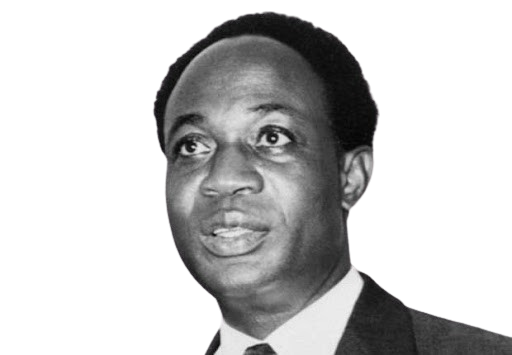Pan-Africanism: Testing Ideas on Reality
Pan-Africanism – Testing Ideas on Reality is a documentary project by Obehi Ewanfoh. The film delves into the complex relationship between the concept of Pan-Africanism and its implementation in modern African politics.
Pan-Africanism is a socio-political ideology that emerged in the late 19th century, emphasizing the unity, solidarity, and self-reliance of African people worldwide.
The documentary’s primary thesis centers around the idea that the beautiful idea of Pan-Africanism differs significantly from the practices of African politicians today and that Africa can be a better place if those values are adhered to.
Unpacking Pan-Africanism
Pan-Africanism is rooted in the dream of a united Africa free from colonial rule and oppression. Its core principles include unity, self-reliance, political independence, and solidarity among African nations and their diaspora. This ideology was championed by figures like W.E.B. Du Bois, Marcus Garvey, Kwame Nkrumah, and others, who envisioned a continent where Africans would stand together as one people.
European Influence
To understand the dissonance between Pan-African ideals and political realities, the documentary examines the historical influence of European powers on Africa. For example, Colonialism left a legacy that still shapes modern African politics and economies to date. The exploitation and oppression that occurred under colonial rule continue to impact the continent today.
The Role of African Politicians
The documentary critically analyzes the actions and policies of contemporary African leaders. It questions whether their governance truly aligns with the principles of Pan-Africanism, including unity, self-reliance, and solidarity. This examination helps to highlight the disparities between the grand goals of Pan-Africanism and the actions of those in power.
Documentary Approach
In the documentary, Obehi employs a multifaceted approach, featuring interviews with community leaders, activists, and scholars. It offers an in-depth analysis of political decisions, policies, and their real-world consequences. By presenting a comprehensive view, the documentary shed light on the complexities and challenges of implementing Pan-African ideals in a contemporary context.
Case Studies
The documentary delves into specific case studies, such as the Nigerian Civil War (July 6, 1967 – January 15, 1970), the Rwandan Genocide (April 7, 1994 – July 15, 1994), and the Sierra Leone Civil War (March 23, 1991 – January 18, 2002). These tragic events highlight ethnic divisions, political decisions, and instances where the principles of Pan-Africanism seemed distant from reality on the ground. The brutality witnessed in these conflicts raises the crucial question of where the African brotherhood went during times of crisis.
Responsibility and Accountability
The core message of the documentary is that Africans must take responsibility for their nations and their future. It underscores the importance of leveraging the ideals of Pan-Africanism to effect positive change. Instead of relying solely on external actors, the African people must work collectively to address their challenges and build a better future for themselves.
Conclusion and Call to Action In conclusion, “The Pan-Africanism – testing idea reality” emphasizes that the African situation can change for the better through collective action and unity. The documentary calls upon individuals to engage in Pan-African initiatives, whether through education, activism, or solidarity efforts. By doing so, Africans can bridge the gap between the beautiful idea of Pan-Africanism and the reality on the ground, ultimately working towards a brighter future for the continent.
